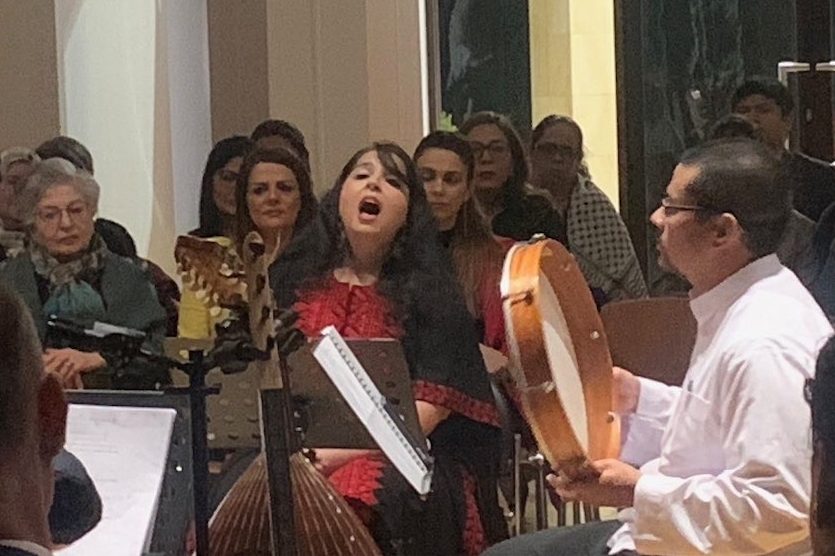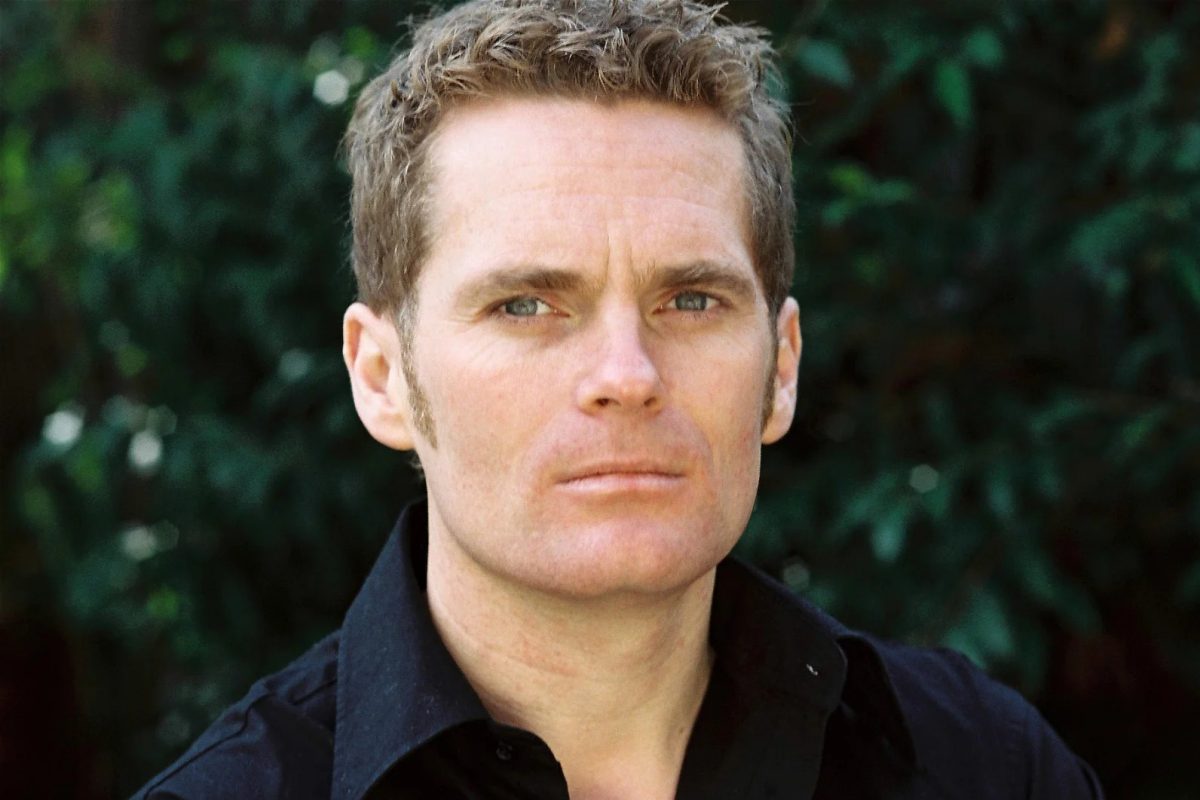THIS May 9 is unique because not only does it mark Europe Day which we celebrate every year on this day, but this year makes this date significant in many ways.

But 2014 marks more joyful anniversaries: it is 25 years since the fall of the Berlin Wall brought to an end the artificial division of Europe and which ultimately led 10 years ago – on May 1st to the historic enlargement to re-mbrace Europe with the countries of Central and Eastern Europe and two countries in the Mediterranean, within the European Union.
Europe Day is celebrated on 9 May for it was on this day in 1950, that the French Foreign Minister, Robert Schuman, made the first move towards the creation of what we know today as the European Union.
On that day he launched the idea that France, Germany and other democratic European countries that cared to join them, should pool their coal and steel production, these being the very resources used for the industry of war.
With a clear vision to prevent any further conflict in Europe – Schuman called this proposal “the first concrete foundation of a European federation”. Yet, acutely aware of the difficulties ahead, he recognised that it would take a long journey to build this revolutionary project.
He said: “Europe will not be made all at once, or according to a single plan. It will be built through concrete achievements which first create a de facto solidarity. The coming together of the nations of Europe requires the elimination of the age-old opposition[s]”.
The countries which Schuman called upon to co-operate had almost destroyed each other in two successive and devastating wars in the span of only 30 years. Reconciliation was a bold – a revolutionary – idea to imagine at that time.
It is remarkable that in 1950 – just five years after the end of the World War II, when most of Europe was in ruin, millions of soldiers and civilians had lost their lives – he proposed the creation of a supranational European institution, to take charge of their war-making industries.
No just a treaty but a way to frame the peace among old enemies. A re-set in geopolitical terms.
The men who replied to his proposal were visionaries as well, particularly Germany’s Adenauer, Italy’s De Gasperi, Belgium’s Spaak, the Netherland’s Mansholt, some of them born along those very boundaries of Europe (Alsace Lorraine, Trentino) that have changed many times and triggered two world wars.
From the six founding countries – who in 1951 created the Coal and Steel Community – Europe has come a long way in this extraordinary project which today comprises 28 Member States and have transformed a Continent into a Union.
This attraction continues today with other nations currently negotiating their terms of accession.
The European Union entails countries negotiating every single day on a growing number of subjects. We started with coal and steel, we moved with agriculture, transport, competition, to continue with climate, economy, foreign and security policy, and a single currency.
A successful method for dealing with differences. As Jean Monnet said: “C’est mieux de disputer autour d’un table que sur le champ de bataille” – “It is better to argue around a negotiating table than on the battlefield”.
With a population of over 500 million people, the EU today is the world’s largest economy.
Yes, we have faced many difficult challenges over this journey, with the most recent being the financial debt crisis, but as we have done in the past, we are overcoming these and Europe is emerging stronger.
Just 18 months ago, many feared the disintegration of the euro zone, the most advanced project of our Union. Now, there is a clear reply to the doomsayers: no one has left or has been forced to leave the euro. This year the euro area has grown from 17 to 18 members.
Yet, there is no room for complacency and a lot of hard work remains ahead of us – especially to achieve stronger economic growth and address the youth unemployment, which is still far too high – and to make our Union work better.
The European Union, however, goes far beyond the economy. The European project is about the values that touch the very foundations of European society.
We are a democratic, values-based society, ruled by law. Europe is built on the firm belief of universal human rights, peace and reconciliation, and in democratic political, social and economic standards, as recognised by the award of the Nobel Prize for peace to the EU in 2012. And we are very proud of it.
Those who think that peace is the narrative of the past only need look at the recent events in Ukraine. These show that we cannot take peace for granted, it is a constant work in progress; we share the responsibility to safeguard and nurture it.
Europe is also about open markets and open societies and about safeguarding the peace and prosperity on which our project is built.
Europe has become a truly global player in defending its values and promoting its interests to make the world a better, a safer place. We have built a strong partnership with countries all over the world.
And of course with Australia, a like-minded partner, with whom we share cultural heritage, values and converging interests; a country which has the same outlook for society as we do.
A partnership with Europe rooted in its collective memory: the moving commemorations of the centenary of outbreak of World War I, as already witnessed on Anzac Day, remind us that we shall never forget how much Australia has invested in Europe’s freedom – and how many of your young lives were lost on European soil.
Our peace belongs also to you.
This is a partnership also for the future: the EU is the largest investor in this country and one of the most important trading and innovation partner. Europe and Australia will continue to work together to promote peace and prosperity in the region and in the world.
Your excellencies, ladies and gentlemen, to come back to tonight’s concert we celebrate an extraordinary project of peace, born out of war and based on lasting reconciliation.
Director Chris Latham has arranged a wonderful repertoire by composers who were able to convey to us something beautiful emerging from the horrors of trenches and transcending the divisions of nations.
He will tell us many of the pieces you will hear tonight were composed on, or near the battlefield, or where the composer himself was affected in some way or other by war.
How extraordinarily the horrors of war can be defeated by the beauty of music.
I am particularly glad that many of the EU Member States present in Canberra will also be supporting the wonderful series of concerts of the Canberra International Music
Festival 2014 over the coming days, which I hope you might able to attend.
Who can be trusted?
In a world of spin and confusion, there’s never been a more important time to support independent journalism in Canberra.
If you trust our work online and want to enforce the power of independent voices, I invite you to make a small contribution.
Every dollar of support is invested back into our journalism to help keep citynews.com.au strong and free.
Thank you,
Ian Meikle, editor




Leave a Reply